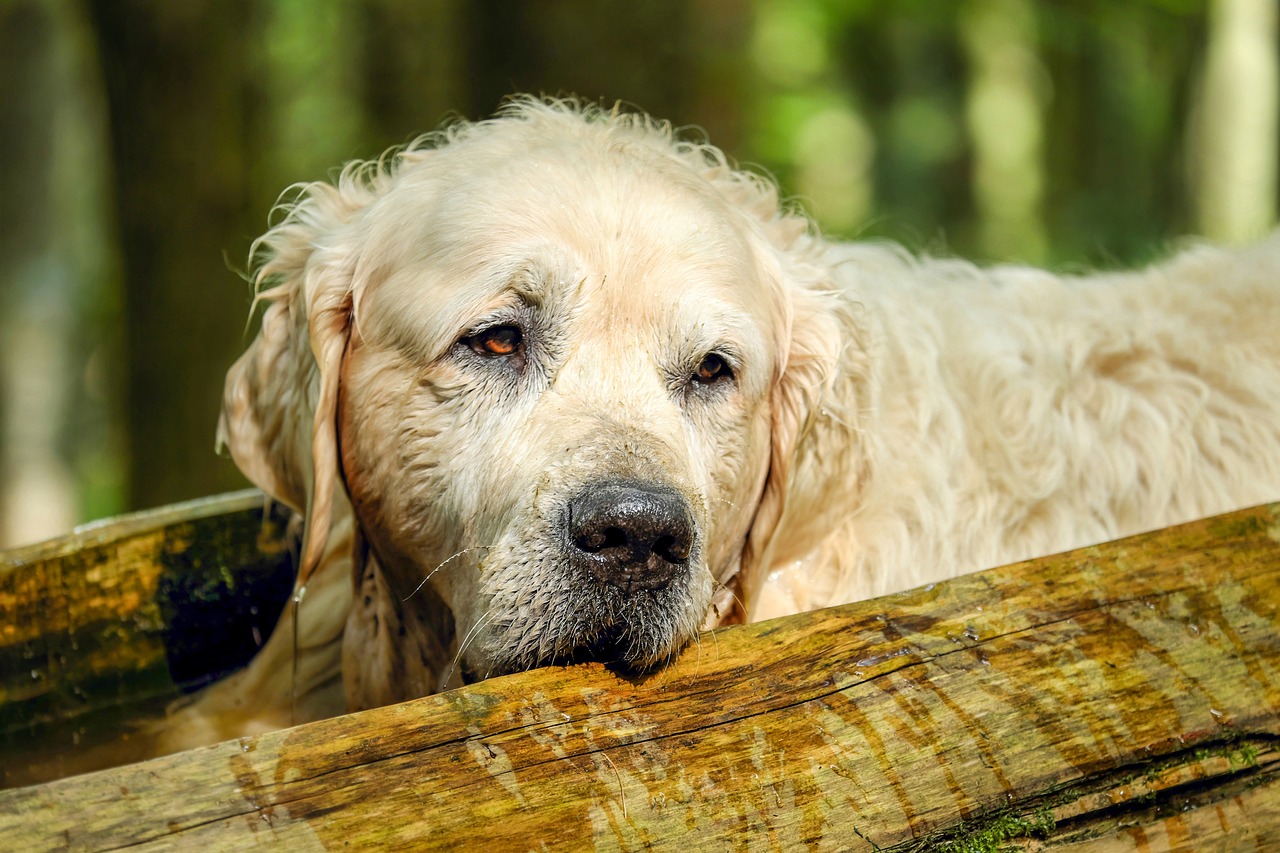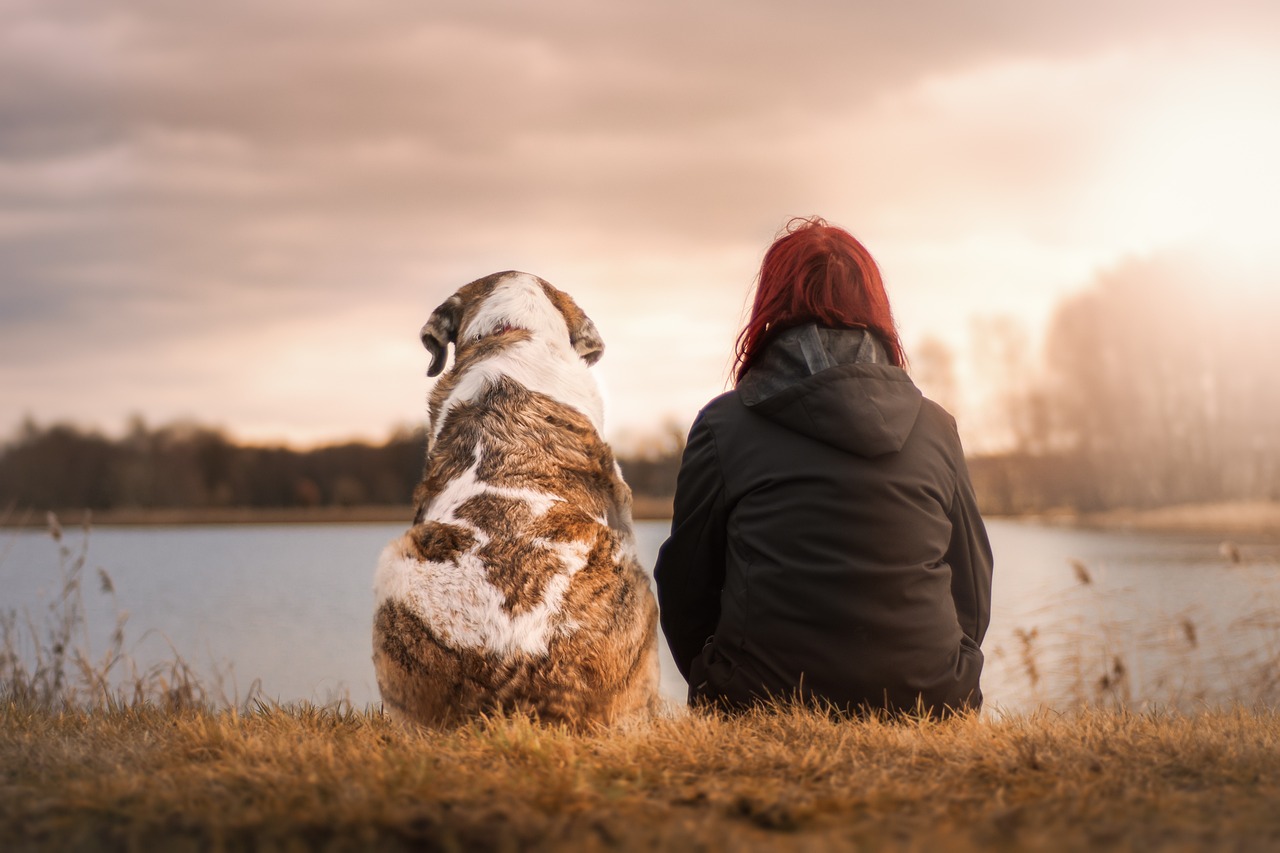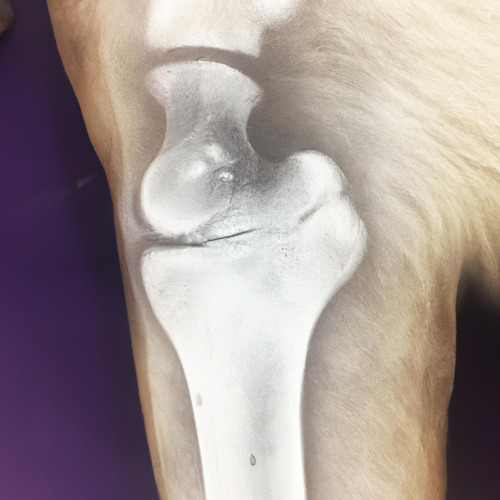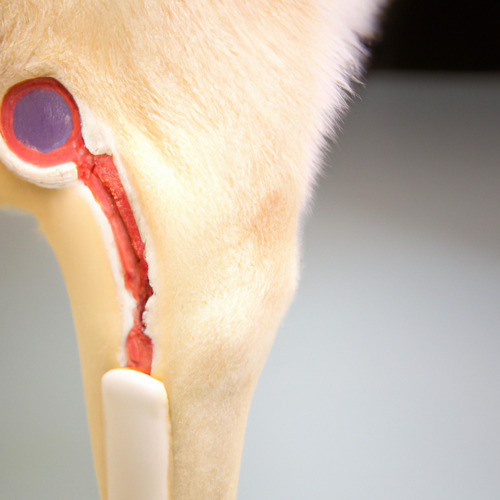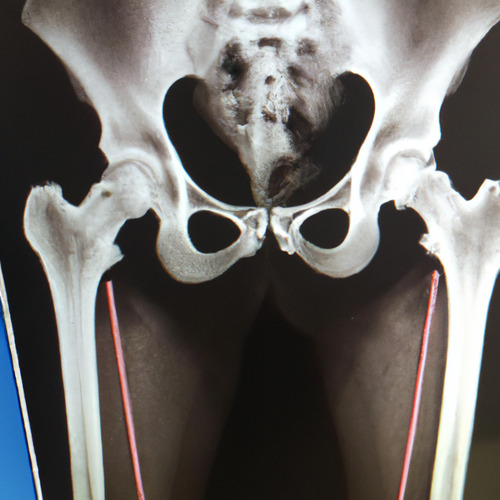Bloat
health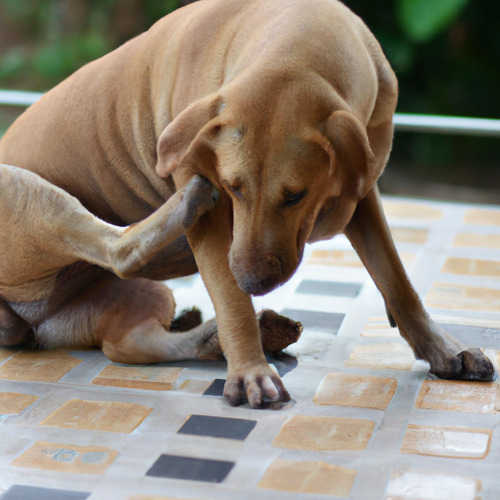
Understanding and Managing Bloat in Dogs
Bloat, also known as twisted stomach or Gastric Torsion, is a serious and often life-threatening condition that affects dogs. It occurs when the dog's stomach fills with gas, fluid, and food, causing it to become swollen and distended. In some cases, the stomach can even twist on itself, cutting off its blood supply and putting pressure on other internal organs. If left untreated, bloat can quickly progress and cause permanent damage or even be fatal.
Early Signs of Bloat in Dogs
Bloat can be difficult to detect in its early stages, but there are several signs that can indicate a problem. These include:
- Swollen, distended abdomen: The most obvious sign of bloat is a visibly swollen abdomen, which can be mistaken for simply being overweight.
- Restlessness or pacing: Dogs who are uncomfortable due to bloat may pace or become restless, unable to find a comfortable position.
- Heavy salivating or drooling: Dogs who are experiencing bloat may salivate more than usual or even drool, indicating that they are feeling nauseous.
- Attempting to vomit but nothing coming out: Dogs who are bloated may attempt to vomit, but nothing may come out, indicating that the stomach is full and unable to empty.
- Abdominal pain (whining or whimpering when touched): Dogs who are experiencing bloat may cry out or whimper when touched in the area of their abdomen, indicating that they are in pain.
Symptoms of Bloat in Dogs
As bloat progresses, it can cause a number of symptoms, including:
- Rapid heart rate: As the heart has to work harder to pump blood to the affected area, a dog experiencing bloat may have a faster heart rate.
- Shortness of breath: The pressure on the dog's internal organs can also make it difficult for them to breathe normally, causing them to pant or breathe heavily.
- Pale gums: The loss of blood supply to the stomach can cause the gums to become pale, indicating that the dog is in serious distress.
- Weakness or collapse: In severe cases, a dog experiencing bloat may become weak or even collapse, indicating that they are in serious danger and require immediate veterinary care.
Treatment for Bloat in Dogs
If your dog is experiencing symptoms of bloat, it is important to seek veterinary care immediately. Treatment for bloat will depend on the severity of the condition, but may include:
- Decompression: A tube may be inserted into the dog's stomach to relieve the build-up of gas and allow it to escape. This can help to reduce pressure on the dog's internal organs and improve their overall condition.
- Surgery: In severe cases, surgery may be necessary to untwist the stomach and prevent it from twisting again in the future. This procedure is called a gastropexy and is typically performed under general anesthesia.
- Medications: Pain medications, anti-nausea medications, and antibiotics may be administered to help the dog feel better and prevent infections.
- Fluid therapy: If the dog is dehydrated, fluids may be given through an IV to help replenish lost fluids and improve blood flow to the affected area.
- Monitoring: Close monitoring of the dog's vital signs and overall condition is important during and after treatment to ensure that the dog is recovering properly.
Prevention of Bloat in Dogs
Bloat is a serious condition in dogs that can lead to life-threatening complications if not treated promptly. If your dog is showing signs of bloating, it is important to seek veterinary care as soon as possible. The veterinarian may perform a number of diagnostic tests, including blood tests, x-rays, and ultrasound, to determine the cause of the bloating and the extent of the condition. Once the diagnosis has been made, treatment will depend on the severity of the bloating and any underlying conditions that may be contributing to it. In severe cases, surgery may be necessary to remove gas or fluid from the stomach, to reposition the stomach, or to repair any structural defects that may be contributing to the bloating.
In less severe cases, the veterinarian may recommend medical management, which may include medications to reduce inflammation, relieve discomfort, and prevent the buildup of gas. Other treatments may include changes to your dog's diet, such as switching to a low-fat diet or avoiding foods that are known to cause bloating, as well as providing your dog with plenty of exercise and a calm and stress-free environment. To help prevent bloating, it is important to monitor your dog's eating habits and to prevent your dog from eating too quickly or consuming large amounts of food at once. You can also take steps to ensure that your dog's environment is calm and stress-free, and provide your dog with plenty of opportunities for exercise and play.
